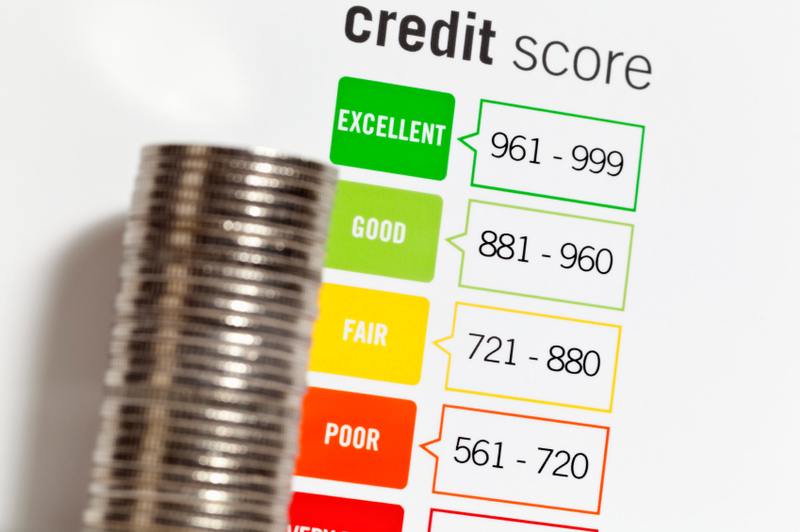<b>My parents have a Federal Direct PLUS Loan they got while I was an
undergraduate student several years ago. Due to their current
financial hardship, they haven't been keeping up with the payments. I
also had some college loans which I am paying regularly without
problems. I would like to know if my parents' financial situation will
impact my credit, since they were able to get the loan because I was a
student. The loan was made in my mother's name but the lender has all
my information. Is this going to affect my credit while it is
affecting their credit? Also, I want to know if this will impact my
future student loan or financial aid eligibility. I'm starting
graduate school in September. I have received a student loan offer
from the school, but I have not yet completed the paperwork because I'm
worried that my credit may be affected by my parents' financial
difficulties.
— E.H.
A Federal Parent PLUS loan is a parent loan. Only the parent is
obligated to repay this loan, even though the money was borrowed to
pay for the educational expenses of a dependent child. A student cannot cosign
his or her parent's Parent PLUS loan. If a parent borrower is
delinquent in repaying the Parent PLUS loan or defaults on the Parent
PLUS loan, it affects only the parent's credit history. The student's
credit history is not affected. A default on a Parent PLUS loan will
preclude the parent from obtaining additional Parent PLUS loans, but
it does not otherwise affect the student's eligibility for student loans
or other forms of financial aid.
Note also that a graduate student is considered to be an independent
student. Parent information is not required on a graduate student's
Free Application for Federal Student Aid (FAFSA). The Parent PLUS loan
is not available to parents of graduate students. Instead, the
graduate student may borrow from the Federal Grad PLUS loan program
on his or her own, in addition to the Federal Stafford loan. So long
as you personally do not have an adverse credit history, you should be
able to qualify for the Grad PLUS loan. (The Stafford loan is a
student loan and does not depend on the student's credit history at
all. Graduate students are required to exhaust eligibility for the
Stafford loan before relying on the Grad PLUS loan.)
Contrast the Federal Parent PLUS loan with a private student loan,
which is typically borrowed by the student with a parent as
cosigner. Both the student and cosigner are obligated to repay the
debt. Even if the student and cosigner have a side agreement for one
of them to make the payments on the loan, a failure to repay the loan
will be reported on the credit history of both the borrower and
cosigner. A cosigner is effectively a co-borrower, equally obligated to
repay the loan. If you signed the promissory note, you are responsible
to repay the debt, regardless of whether the other borrowers said that
they would make the payments. If they fail to make the payments on the
private student loan, it will ruin both their credit and
yours.
(Some private student loans offer a cosigner release option after the
primary borrower makes 24, 36 or 48 initial consecutive on-time full
monthly payments, subject to credit criteria. In practice, it can be
difficult to obtain a cosigner release. One can achieve the same
effect by refinancing the cosigned loan into a loan with just one
borrower.)
Your parents should contact the
Direct Loan Servicing Center
to ask about options for avoiding default on their Parent PLUS loan. After 360
days of non-payment, their Parent PLUS loan will be in default.
Defaulting on a Parent PLUS loan will increase their costs, since
interest continues to accrue after default and up to 20% of each
payment on a defaulted loan will be deducted for collection costs. The
government can garnish up to 15% of wages of a defaulted borrower
and intercept federal income tax refunds without a court order.
The obligation to repay the defaulted loan will not end when
they retire. The federal government can garnish up to 15% of Social
Security benefit payments. There is no statute of limitations on this debt.
One option for avoiding default includes a temporary suspension of
repayment obligations through a deferment or forbearance. After they
default, your parents will no longer be eligible for a deferment or a
forbearance, so it is best if they talk to the lender before they
default. Another option for avoiding default includes alternate
repayment plans that reduce the monthly payment by stretching out the
repayment term, such as extended repayment. Unfortunately, the
income-contingent and income-based repayment plans are not available
to Parent PLUS loan borrowers.
Does a Parent's Credit History Affect the Student's Eligibility for Loans and Other Aid?
